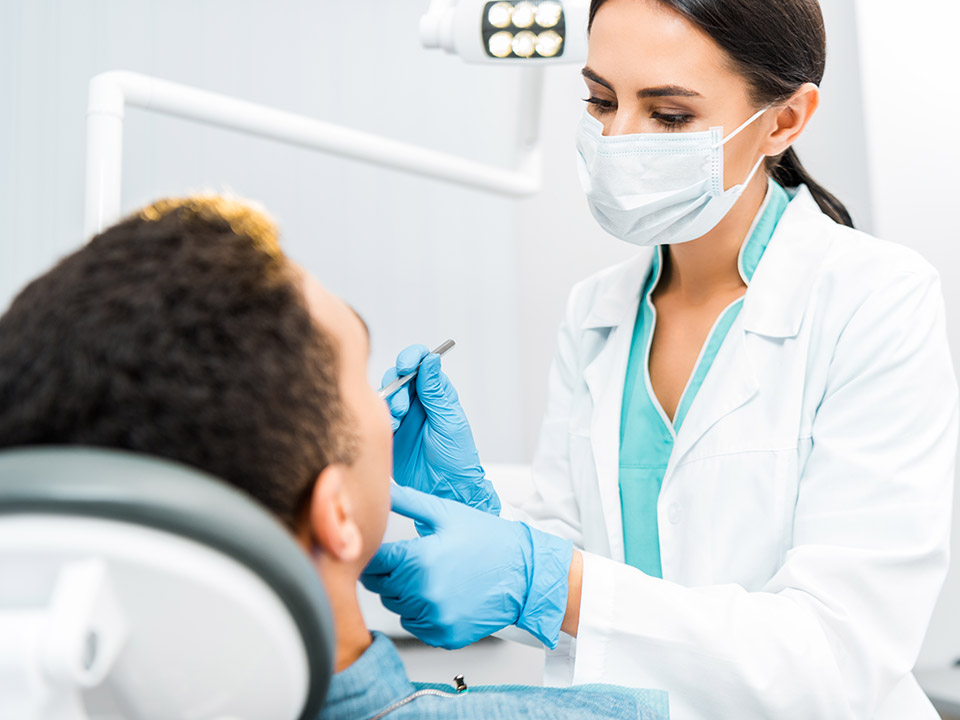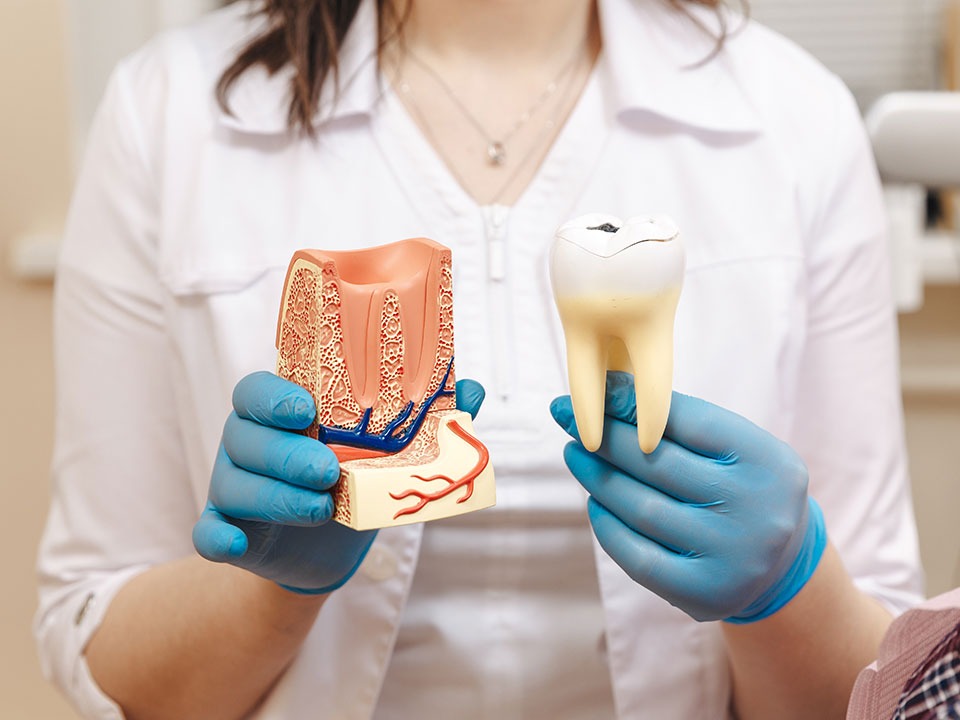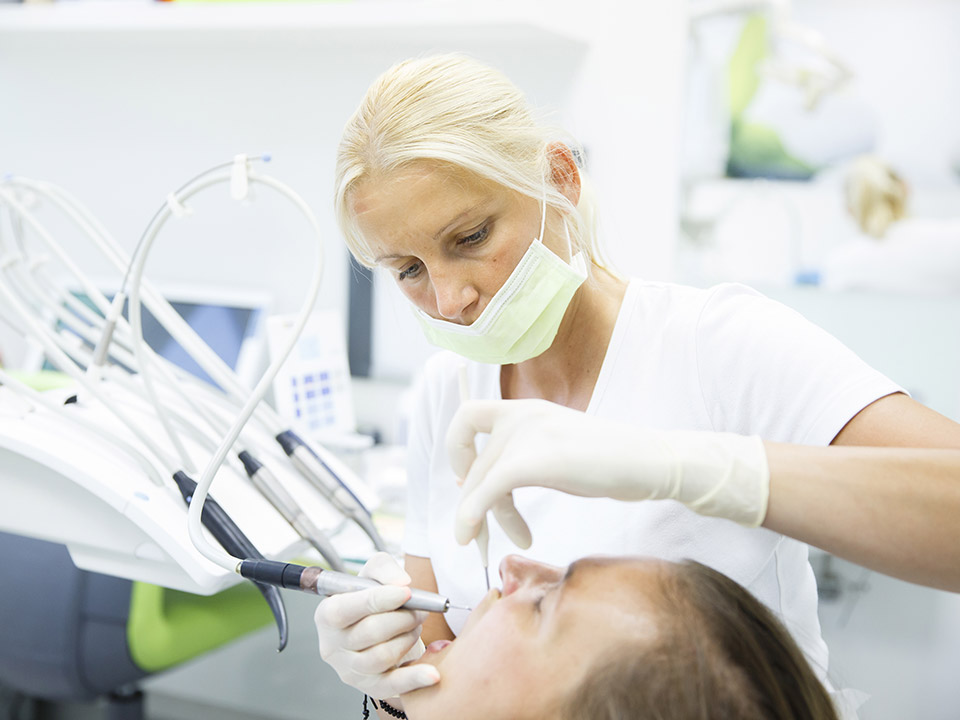Most people skip dental check-ups thinking that they are only missing the basic cleaning and advice on how to better care for teeth. However, you are missing so much more! And this article will tell you just how much.
Sometimes, dentists don’t tell you everything they do during the check-up to make you more comfortable. Plus, it could be a long list of things! But as they check your teeth, they subtly perform other screenings to ensure you’re not at risk of any diseases.
Even if you do not have any dental issues, you should ensure that you visit the dentist every six months. These subtle examinations could prevent tooth decay and damage in ways you would not believe. So keep scrolling to find out what your dentist has been doing.
What The Dentist Does During Checkups
1. Checking Your Breath
If you didn’t brush your teeth in the morning, your dentist would probably be able to tell since they check your breath. But you don’t have to feel self-conscious; bad breath or halitosis could be a symptom of bad dental disease. The dentist just wants to make sure you don’t have anything rotting in your mouth. And don’t worry, the dentist can differentiate between morning breath and a sign of tooth decay.
2. Oral Cancer Screening
Yes, this part of your test. Most people don’t even think about oral cancer, even when they develop clear signs. But to be fair, it could be the symptom of another oral disease. Still, oral cancer is bad for your health and could lead to tooth loss and facial deformity. The dentist will always conduct an oral cancer screening test to ensure you are fine.
3. Examining Salivary Glands
The dentist will also inspect your salivary glands to ensure they produce enough saliva and are not blocked. This is an important part of the checkup since a dry mouth could develop many diseases. Enough saliva coats the mouth and teeth, washing away bacteria. Having enough saliva in the mouth is essential, so your dentist needs to check the glands for steady production.
4. Inspecting Your Tonsils
The tonsils get easily infected. Almost everyone develops tonsillitis at some point in their life. They usually show signs of infection, and a dentist can tell. Catching the symptoms of tonsillitis infection early helps with treatment and pain. So your dentist will likely check for infection and advice you on the best treatment or action. You should also tell your dentist of any discomfort in your tonsillitis.
5. Evaluating Your Bite
Next, the dentist will examine your bite. Examining the bite will tell the dentist if your teeth have moved recently. This examination will let the dentist know if you need an alignment for your teeth. This is usually a necessary step in children as their teeth develop. If there are any issues with your bite, the dentist will recommend you to an orthodontist for treatment.
6. Checking The Temporomandibular Joint
The temporomandibular joint (or TMJ) is the joint that connects the mandible (lower jaw) to the skull. This joint allows you to close and open your jaw. The dentist will check the mechanism of this joint, ensuring that it functions properly. You should mention any pain or discomfort during the exercises. You can also ask your dentist about the temporomandibular joint.
7. Checking Your Jaw
While checking the joint, the dentist will also examine your jaw. The jaw gives you the ability to eat, talk, and even smile. So your dentist will check your jaw to ensure that it is functioning correctly. The dentist will check for pain, tenderness, and any deformities on your jaw. They will also check for any facial muscle weakness and problems. A lot goes into making you smile and eat, so be patient during your checkups.
8. Examining The Tongue
The texture, color, and even size of your tongue can reveal a lot about your dental health. Therefore, the dentist will check for any lesions, inconsistency and changes, and consistency with your tongue. You can also tell your dentist about any discomfort or pain you may be experiencing on your tongue: highlight patches and even parts underneath the tongue for a thorough examination.
9. Polishing Your Teeth
After the regular cleaning, the dentist will polish your teeth. Polishing your teeth has a lot of advantages, including improving the brightness of your teeth, enhancing your smile. Polishing will also remove any lingering plaque and bacteria on your teeth, preventing tooth decay and bacterial infections. It is essential to get all the measures against anything affecting your teeth.
10. Re-Learning Your History Of Oral Health
You probably gave your dentist a detailed history of your oral health. On top of that, you may have shared a record of your family’s oral health. During every checkup, your dentist is reacquainting themselves with this information to ensure they do not skip any warning signs for genetic or recurring disease. They may refer to your file through subtle checkups to see if you are at risk of infection due to your history.
11. Look For Signs Of Sinus Cavity Inflammation
Sinus infections can show during your regular examination. There is a connection between your sinuses and oral health. That is why sinus infections can often feel and be confused for toothaches. Therefore, the dentist will check for signs of cavity inflammation during the check-up. If you’ve been experiencing pain and are unsure if it’s a toothache, you can ask your dentist to rule out a sinus infection.
12. Examine Individual Tooth Defects
You probably know this, but the dentist will examine each tooth differently for defects. They will also check the tooth’s color, consistency, shape, and even orientation. It helps determine problems with individual teeth before they become a huge issue.
13. Confirm Any Warning Signs Of Diabetes
And finally, your oral health is related to other body issues, including diabetes. Some patients actually receive diabetes diagnoses after a dentist points out inconsistencies that are early warning signs. Therefore, your dentist will check for any symptoms and advise you on getting tested. So don’t skip your next check-up.







